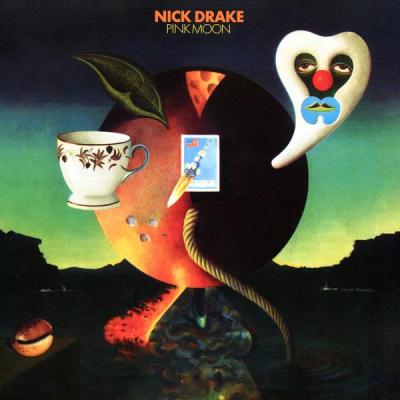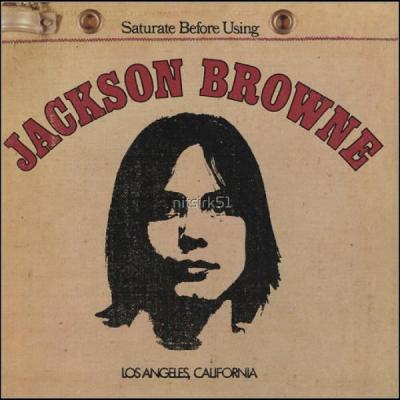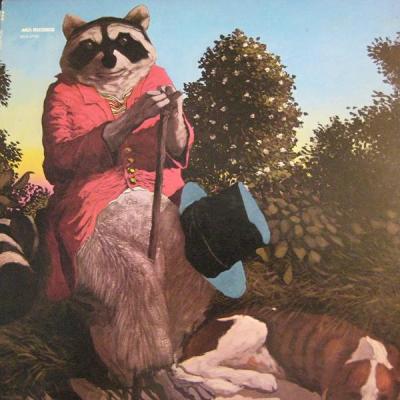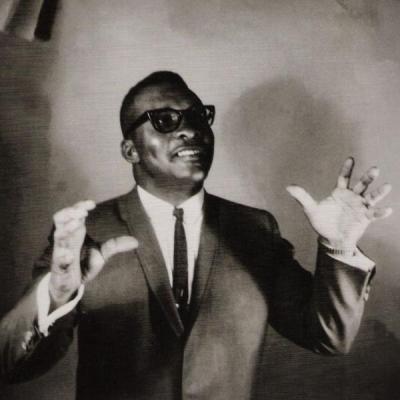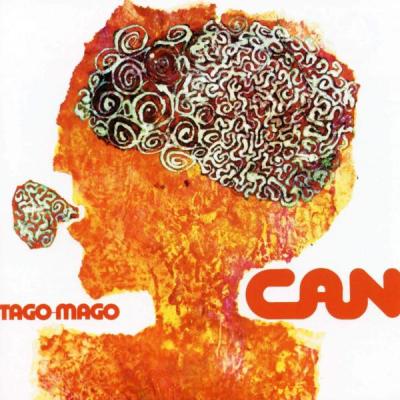


The Kinks: Muswell Hillbillies
Album #141 - November 1971
Episode date - October 21, 2020
The Kinks got a strong head start in 1964 as early entries for the British Invasion, but due to incredibly bad luck, they never had a chance to capitalize on that opportunity.
Despite a slew of truly fantastic early singles and consistently excellent albums, they watched from the sidelines as band after band moved past them up the ladder. After 1967, not a single Kinks album (other than a hits collection) has even charted in the U.K., and America was only marginally kinder. 1970’s “Lola” momentarily revived interest in the band, but it was short-lived. “Muswell Hillbillies” is the incredibly diverse and engaging follow-up to the album containing ‘Lola”, but it stalled at #100 in America while England ignored it entirely.
Why, why, why, why, why? The public’s mass disinterest in the Kinks is one of life’s most confounding mysteries for me, but failure to recognize the genius of this record is borderline criminal. Ray Davies’ writing is honest, descriptive, wry, observant and critical, bemusedly bemoaning contemporary culture while the music dances from style to style, covering a multitude of the 20th century’s musical changes. In essence, the Kinks made the first Americana album – in England – twenty-five years before the genre existed.
“20th Century Man” is the perfect table-setter, as Davies depicts a litany of complaints regarding contemporary culture, and his overwhelming desire to escape. America looms large over the album’s subject matter, even while the geographical location of each song is firmly entrenched in mid-20th century England. The title (and title song) refers to the notion of escaping a gray, industrial city for the simpler Appalachian lifestyle of rural America. “Oklahoma USA” paints a gorgeous, sad depiction of an overworked British housewife daydreaming of the wide-open American spaces that Hollywood offers. It is pure escapism, and Davies proves himself to be perhaps the single most descriptive songwriter alive, portraying the lonely spirit of his character with profound sympathy.
The list goes on and on. “Alcohol” covers the evils of ‘demon alcohol’, “Holiday” betrays the self-delusion inherent in our escapist tendencies, while “Skin and Bone’ mocks our cultural obsession with maintaining a svelte figure. “Complicated Life” just takes the entire mess and sums it up in lyrics so perfect that I could recite them as a mantra. The net result is an album as classic as “Let It Bleed” or “Let It Be”, but significantly more complex, more realized, and sadly much more unappreciated.
November 1971 - Billboard Charted #100
Related Shows


